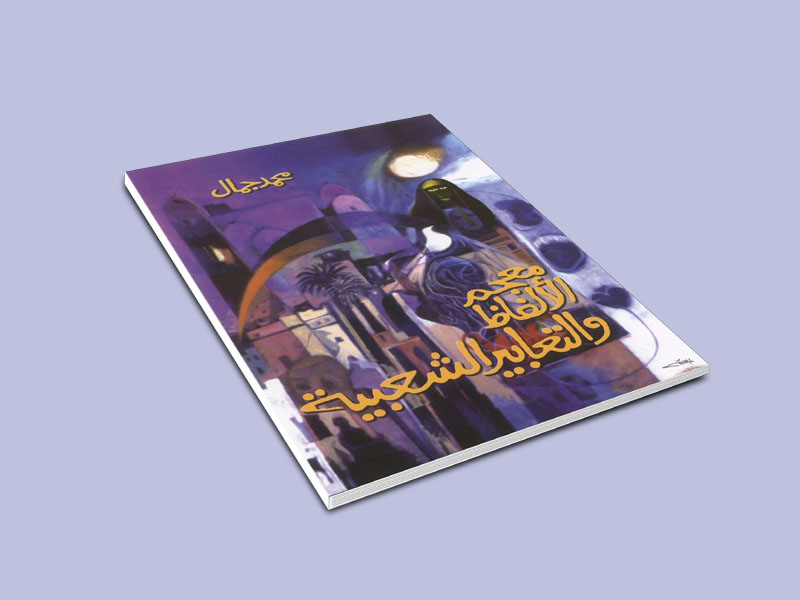he Lexicon of Idiomatic Folk Speech in Bahrain and the Arabian Gulf: A tremendous effort and a valuable contribution
Issue 31

Ali Abdulla Khalifa
Editor-in-Chief
Faith, good manners, patriotism and a willingness to work hard are but a few of the characteristics of the generation who strived to educate the public, and who lived through the changes that the Arabian Gulf countries underwent as they shifted from economies based on pearls to those based on oil.
This generation, who paid a great deal of attention to folk culture, presented the nation with important resources and references for subjects we had not yet recorded or archived.
We wish to remember important contributors such as navigator Rashid bin Fadhil Al Binali, Abdulla bin Muhammad bin Khamis, Hamad Al Jasir, Abdul Karim Al Juhayman, His Eminence Muhammad bin Ali Nassiri, writer Abdulla Al-Ta’i, Mubarak Al Khatir, and historian Seif Marzuq Al Shamlan. In their publications, they worked hard to document folk culture in the Gulf region, an important part of the Arab world and a melting pot for many cultures.
t gave me great pleasure to look through The Lexicon of Idiomatic Folk Speech compiled by Mohammed Ahmed Jamal. One of our generation’s intellectuals, he took it upon himself to complete the work of documenting folk culture materials. The 500-page lexicon is a wealth of information, stories, poems, mawals, proverbs, words and expressions and their meanings.
Intellectuals, artists and academics who specialise in folk culture discussed the lexicon at a special forum in Bahrain moderated by Kuwaiti writer Yasin Al Hasawi. They identified issues that should have been taken into consideration, commented positively on the work as a whole, and praised the parties that financed the printing of the lexicon.
It is possible that some of the shortcomings could have been avoided by including pictures and graphics and organising the content, but these issues are of minor importance and they can be resolved in future editions. The lexicon’s rich content is the result of vast experience and knowledge and a great deal of hard work.
We must bear in mind that the material is controversial to some members of the lexicographer’s generation, because people’s experiences and interpretations vary. Nevertheless, this lexicon is one of the decade’s most important references on folk culture in the Gulf and the Arabian Peninsula.
The forum’s participants agreed that the lexicon should be reviewed and a revised edition printed. The Folk Culture
Journal was chosen to organise a workshop to review the lexicon, and participating specialists will decide what – including illustrations, images and graphics – will be done to improve the book. As a service to Bahrain, the Journal decided to undertake the re-printing and publication of the lexicon.







































































